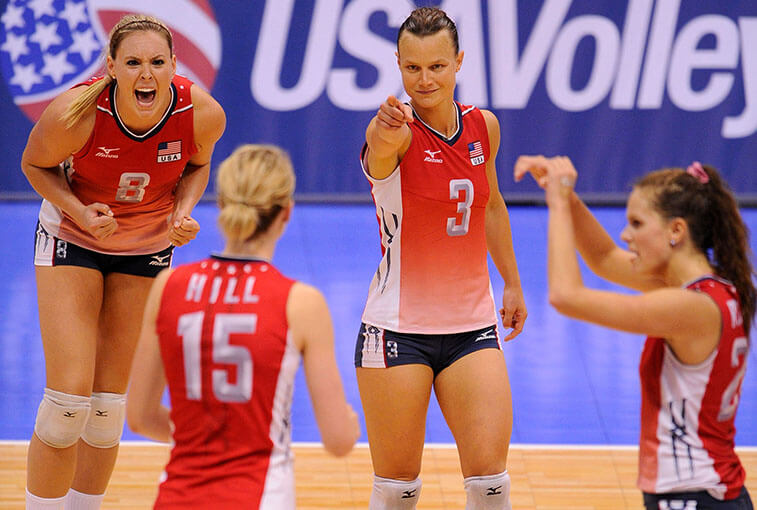By Matthew Gutierrez
August 20, 2019
Clint Hurdle (Gene J. Puskar/AP)
PITTSBURGH — Pirates Manager Clint Hurdle urges his players: Tell your dad you love him. Give him a hug. Call someone else you love, offer your support, and ask them how you can help. He knows all of his colleagues and players are going through something, constantly trying to rebuild, tweak, stay upbeat and plod along.
Here is where Hurdle believes he can fulfill his responsibility as an MLB manager, instilling an atmosphere of trust, guidance and transparency: For several years, he has led one-on-one meetings with coaches and players he calls “ups and downs.” Hurdle shares one, two or three things going well in life — and a few things not going so well. The other person does the same, with responses ranging from a good month at the plate to the rigors of minor league life to the death of a family member.
“The main idea,” Hurdle said, “is it eliminates distractions and helps them play more free.”
Every week, the 62-year-old chats with Pittsburgh’s minor league coaches. Meetings with players occur less often, usually a few times per season. They are akin to a professor’s office hours, with a few twists. They can last 60 seconds or 60 minutes. They happen virtually anytime: after a bullpen session, pregame in Hurdle’s office, on the phone during a bus ride. Central to his approach is knocking down the walls between himself and the people he works with. In his office last month, he illustrated how he might do this: He got up off the chair behind his desk and sat on a couch instead.
Hurdle believes in the magic of open discussion, where anything goes, and unplugged conversations during which he rarely dictates direction. It’s a thoughtful approach to feedback that provides players an indication of the type of teammate and person they are, and the type of player and person they can become.
“Some guys say: ‘The first time I was here, it was like a trip to the dentist. That was horrible. That was hard,’ ” Hurdle said. “I say: ‘Look, this is going to be uncomfortable. We have to work through this together. It’s not malicious. If you get to a point where you truly love somebody, you’re going to tell them the truth.’ ”
Click on the link below to read the rest of the article:
https://www.washingtonpost.com/sports/2019/08/20/this-mlb-manager-believes-magic-open-discussion-his-players-love-him-it/
